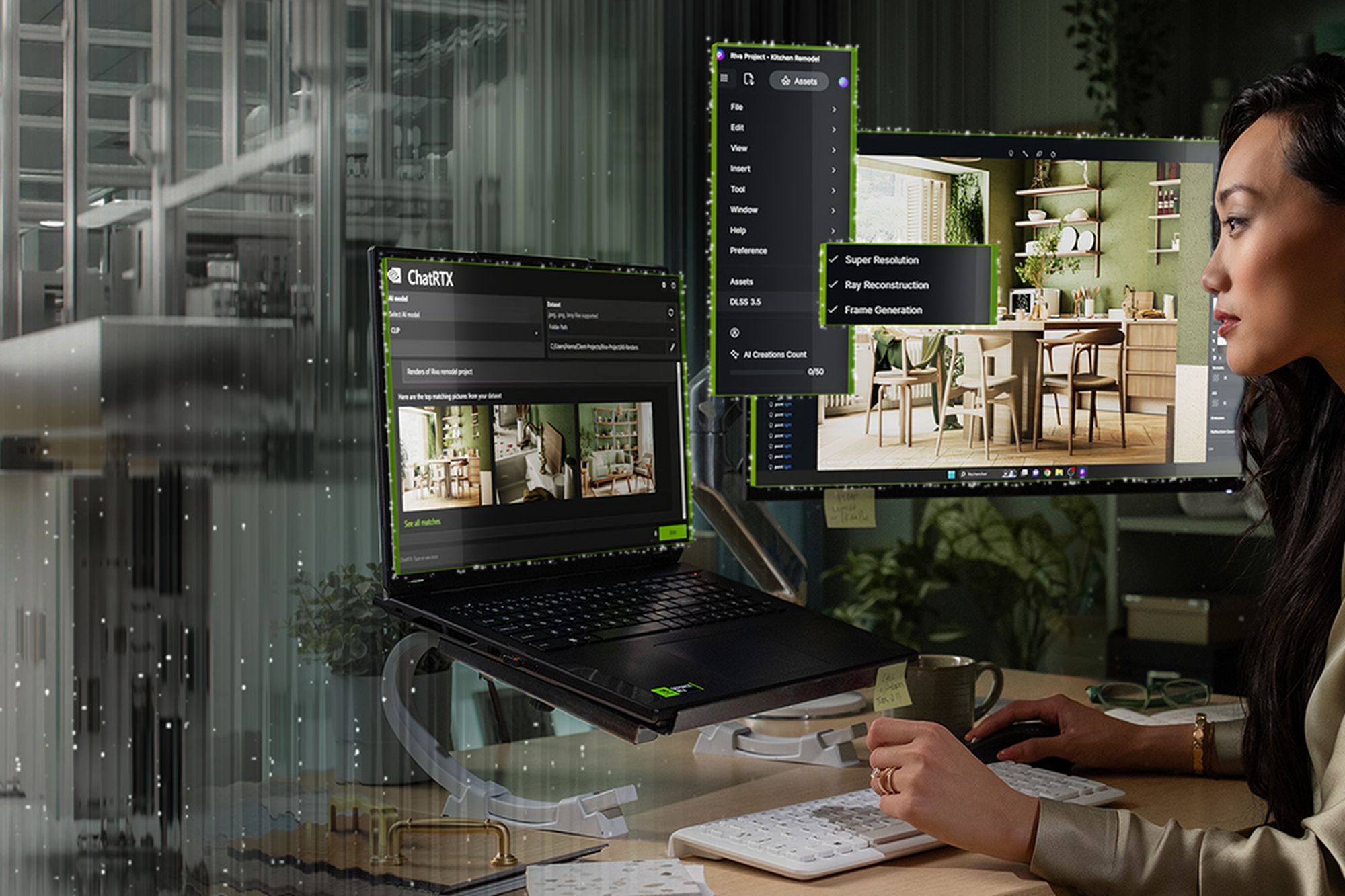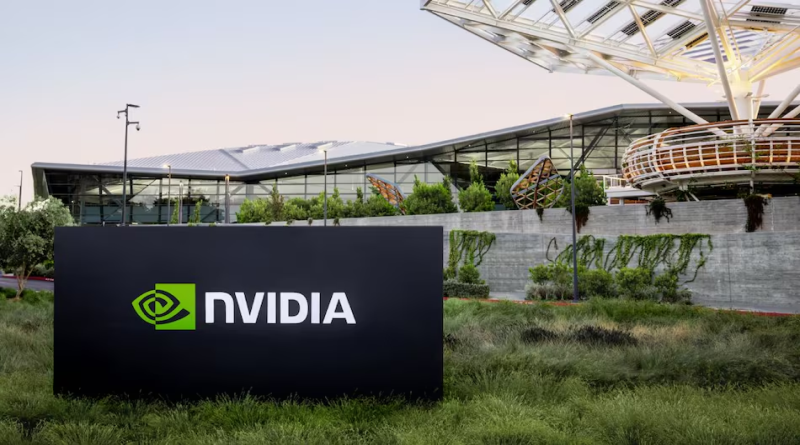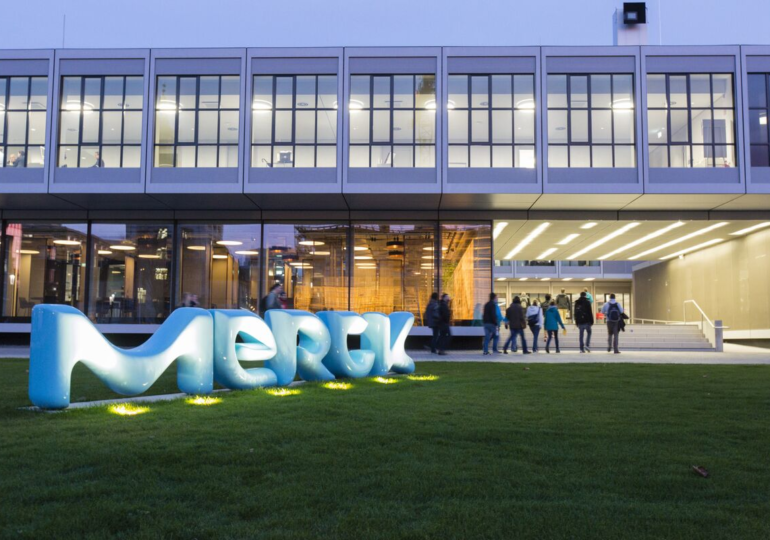Nvidia Teases Asus and MSI Gaming Laptops as ‘RTX AI PCs’, Suggests Copilot+ PC Integration

Nvidia Promises Future Copilot+ PC Features for Launching Gaming Laptops
Nvidia made waves on Sunday with a series of groundbreaking announcements focused on advancing artificial intelligence (AI) capabilities for desktops. Among these unveilings was the RTX AI Toolkit, a robust platform empowering developers to create cutting-edge applications and experiences leveraging Nvidia’s AI technologies. Additionally, Nvidia showcased Project G-Assist, an AI assistant tailored specifically with gaming knowledge, highlighting its potential to enhance user interactions and gameplay experiences.
One of the standout reveals was Nvidia’s teaser of ‘RTX AI PC’ gaming laptops from industry giants Asus and MSI. These laptops, set to feature powerful GeForce RTX 4070 GPUs and efficient system-on-a-chip designs optimized for Windows 11 AI PC capabilities, are positioned to redefine gaming experiences with enhanced AI-driven functionalities. Nvidia emphasized that these Windows 11 AI PCs will be eligible for a free update to integrate Microsoft’s Copilot+ PC features once they become available. This strategic move underscores Nvidia’s commitment to integrating advanced AI capabilities into mainstream computing devices, promising a future where AI enriches everyday computing tasks.
While specific details regarding the exact Copilot+ PC features were not fully disclosed, Nvidia’s announcement suggests a phased rollout, indicating that certain functionalities such as Recall and Cocreate may not be available at the laptops’ launch but will be added through subsequent updates. This approach aligns with Nvidia’s strategy of continuously enhancing the AI capabilities of its hardware platforms to deliver unparalleled performance and user experiences over time.
In contrast, recent reports, including insights from The Verge, also highlight that these upcoming gaming laptops will be powered by AMD’s latest Strix CPUs, underscoring a strategic partnership aimed at delivering high-performance computing solutions capable of meeting the demands of modern gaming and AI-driven applications. Nvidia’s emphasis on GPUs as superior for handling intensive AI workloads, capable of processing up to 1,000 trillion operations per second (TOPS), contrasts with Microsoft’s emphasis on Snapdragon-based AI capabilities, optimized for power efficiency and integrated Neural Processing Units (NPUs) capable of 50 TOPS.

It also claimed that these laptops will get Microsoft’s Copilot+ PC features via a free update “when available”. The wording suggests that the gaming laptops will not receive features such as Recall and Cocreate at launch, but might be upgraded later. Additionally, according to a report by The Verge, these laptops will run on AMD’s latest Strix CPUs.
This distinction is appropriate given Microsoft announced its collaboration with Snapdragon for its Arm-based chipsets with much fanfare during its Build event. It is likely that for a certain duration, the company will keep these features exclusive to the Snapdragon chipsets which run AI tasks using integrated Neural Processing Units (NPUs).
The dynamic between Nvidia’s GPU-centric approach and Microsoft’s Snapdragon strategy illustrates differing priorities in AI computing, with Nvidia focusing on raw processing power suitable for robust AI tasks, albeit with higher power consumption, while Microsoft targets efficiency and integration in mobile and embedded devices. This strategic differentiation underscores Nvidia’s leadership in AI-driven computing solutions, positioning its ‘RTX AI PC’ laptops as a formidable choice for gamers and professionals seeking cutting-edge AI capabilities in their computing devices.




















